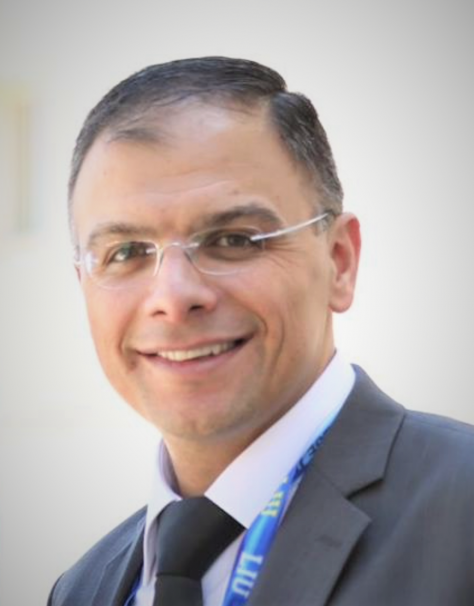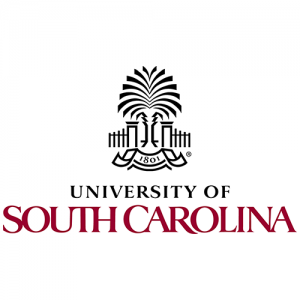
Research Fellow at Gulf University of Science & Technology
Fellowship No: 2023-4-2009608
Dr. Sami El Khatib, Associate Professor, Assistant Dean of the School of Arts & Sciences at the Lebanese International University (LIU). His research work has been focused on the non-invasive techniques of diagnosis and treatment of Bladder Cancer published in highly-ranked international peer reviewed journals. He published his works conducted in vivo aiming at the use of h-ALA as a precursor of the Protoporphyrin IX mediating the Photodynamic treatment of bladder cancer in rats. Additional works focused on the photodynamic diagnosis and the photobleaching kinetics were also conducted.
Dr. El Khatib has been involved in the development and the preclinical application of an optoelectronic imaging system (Cell ViZio), dedicated for in vivo Optical Biopsy. He also developed a reproducible model for solitary bladder cancer in rats adopted as the most optimized model used for many research and pharmacokinetics applications. Dr. El Khatib has authored and co-authored numerous articles, books, book chapters in different fields.
Dr. El Khatib is currently working on many topics related to Molecular Biotechnology & Genomic Editing strategies. He is also supervising a number of Master’s students working on health benefits of food, food extracts, and fortification strategies. He is the Co-Director of a PhD Thesis in the context of a project running in collaboration with the Saint Joseph University in Beirut. Dr. El Khatib has authored and co-authored numerous conference articles, books, book chapters in the aforementioned scientific topics.
Dr. El Khatib earned the rank of Associate Professor as of November 2009. Has been listed on Alper-DÖĞER Scientific Index since 2022 and has recently joined the Research Fellowship Program at the Gulf University for Science and Technology. He is also a member of the Middle East Molecular Biology Society, and the MEMBS International Advisory Committee.


